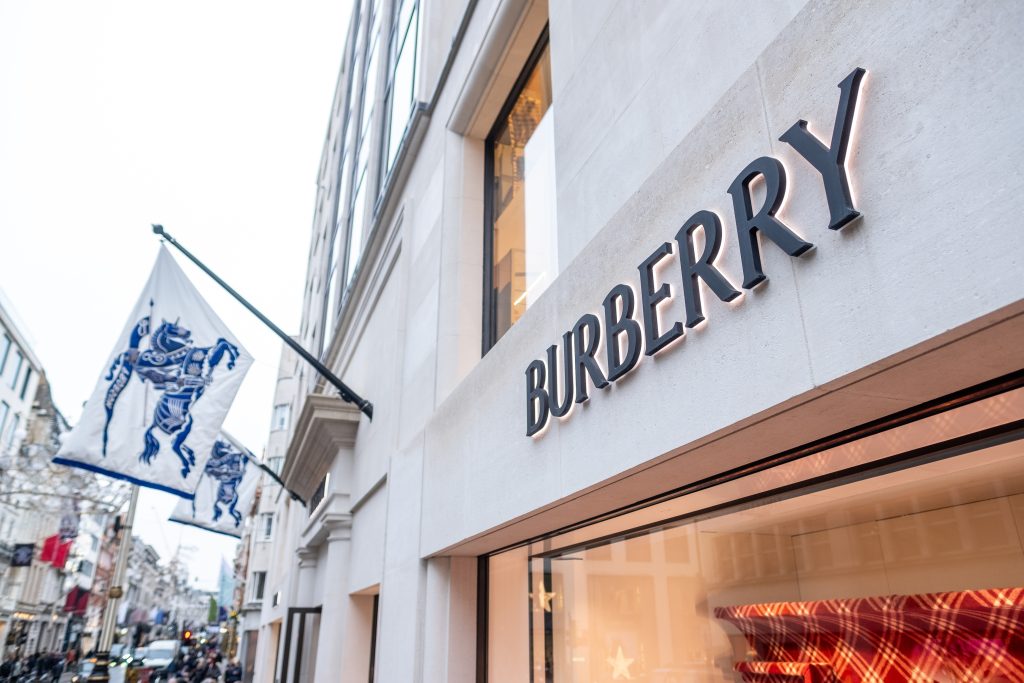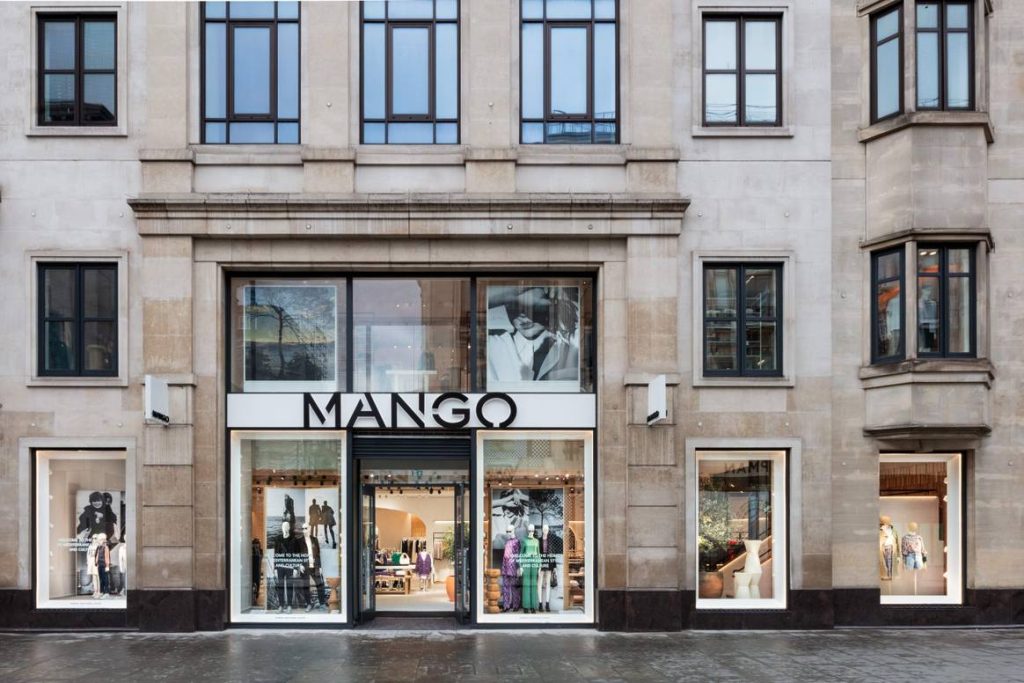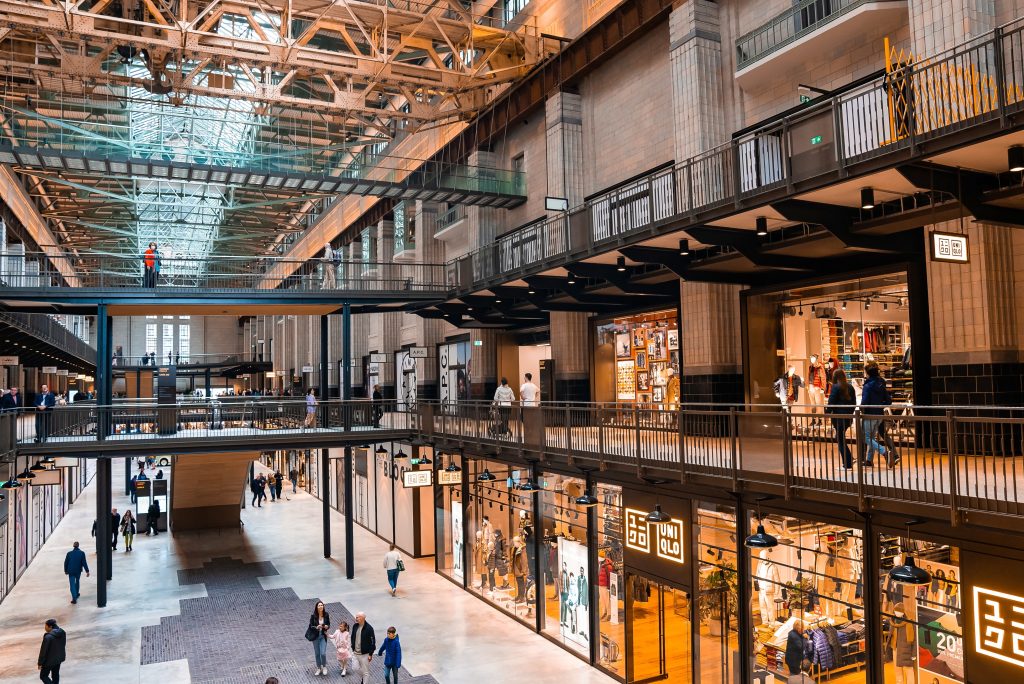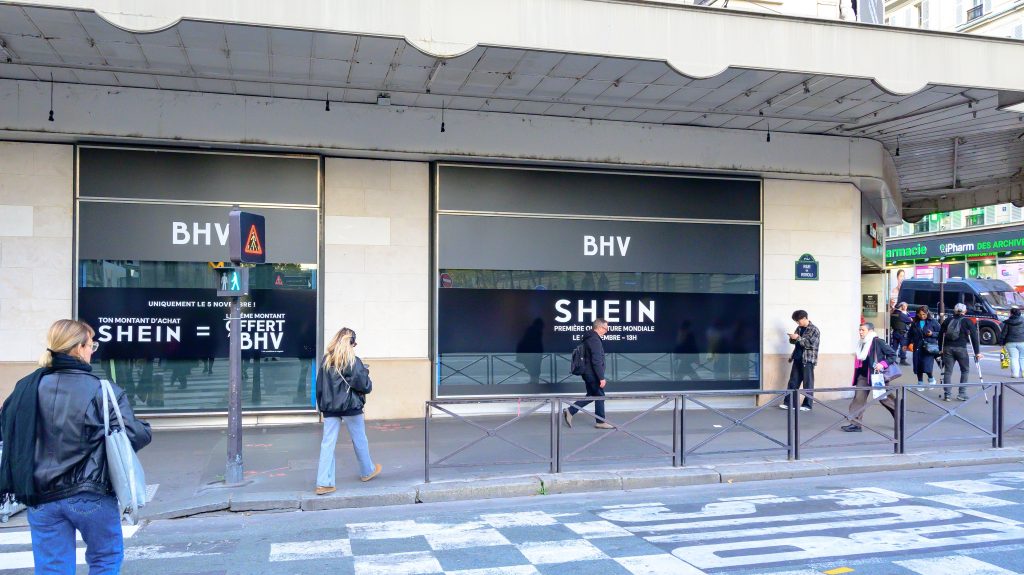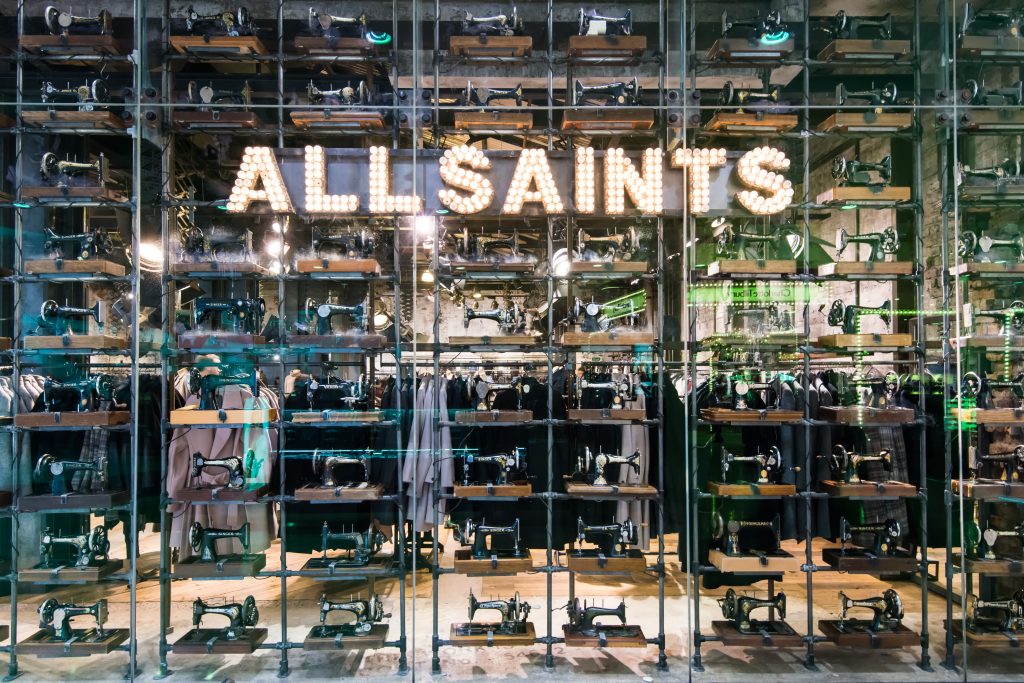Michael Ross is Co-founder and Chief Scientist at OrderDynamics, a big data prescriptive analytics software company that believes that the order is the moment of truth: when profit can be made or lost. Retail Gazette caught up with him to talk about the retail landscape from his point of view.
Until recently, I associated the name Michael Ross with a leading character from Suits, an American legal drama that follows a highly intelligent and cool college dropout. The Michael Ross I meet is no college dropout, but he is certainly intelligent and he is definitely cool.
I meet Ross at the OrderDynamics head office, following him into a room that overlooks stores off Oxford Street. As I enter the room and glance down at Britain‘s busiest shopping hub, I comment on the view, bringing up the ‘death of the high street‘ and asking Ross if it‘s a ‘thing‘.
“It‘s definitely a ‘thing‘,” says Ross, “but the high street isn‘t dying, it‘s just changing.”
Ross probably has the credentials to write a bestselling autobiography. He has a maths degree from Cambridge and prior to setting up OrderDynamics, was CEO at lingerie e-tailer Figleaves. He is credited with launching Elle Macpherson‘s lingerie line in the UK and once, organised a tennis match between Anna Kournikova and Amazon CEO Jeff Bezos.
I tell Ross that he‘s fascinating and he agrees.
At 13, he played chess for England, a strategic game which can be an analogy for all sorts of things. Does he ever compare chess to retail?
“Oh yes,” he nods. “It‘s a big theme for us, what we call ‘the automation of retail‘. So this isn‘t the idea of robots as shop assistants, but how a lot of decisions in retail that are currently made by humans, will end up being made by computers” he explains
Today‘s data is complicated. In the physical world, humans are quite good at decision making, but in the digital world, masses of data make up decisions that computers are nimble with. During the Second World War, Alan Turing, a British pioneer in artificial intelligence who helped break German ciphers, envisaged a computer that would be able to play chess. It was his belief that if this could be made possible, it would demonstrate computers are incredibly smart. What followed was an enormous amount of effort, put into working out whether or not computers could be made to play the game. For around 30 years it was said that any child could beat a computer at chess, until PCs started to become better and better and began beating grandmasters.
In May 1997, an IBM supercomputer otherwise known as Deep Blue, beat then undefeated, chess world champion Garry Kasparov. Today, it‘s fair to say that computers are better at chess than any human will ever be “and yet, there are retailers who are doubtful computers will ever have the judgement of a buyer” Ross says with surprise, “but these naysayers usually reach a point where they recognise computers‘ ability to crunch data and the realisation kicks in that it far outstrips what humans can do.”
Ross also likens chess to retail when he talks about the limited number of moves a player can make in the game. “The order of moves is really important, doing one thing before the other makes all the difference in the world,” he tells me.
“I suppose one must always be a step ahead,” says this journalist, who doesn‘t play chess. Ross nods.
All retailers buy inventory and depending on what they‘re selling, they are not trying to have empty shelves by the end of next week. What they‘re looking to achieve, is a rhythm of sales throughout the year. Any success comes off the back of tactical moves. “I see retailers spend millions and millions of pounds on marketing, sending traffic to pr












